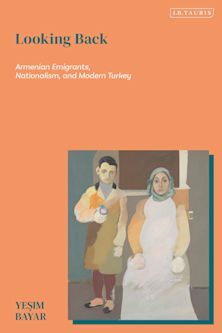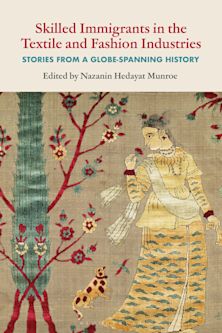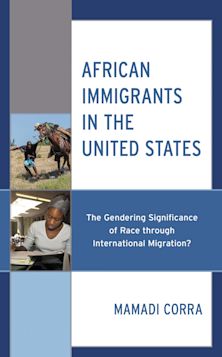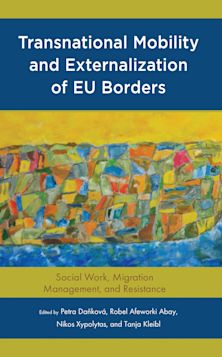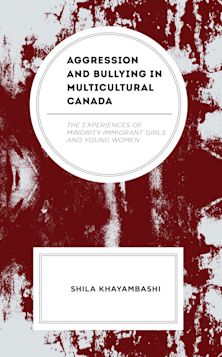Somali Refugees in America
Community Gardens as Spaces of Refuge
Somali Refugees in America
Community Gardens as Spaces of Refuge
This product is usually dispatched within 1 week
- Delivery and returns info
-
Free CA delivery on orders $40 or over
You must sign in to add this item to your wishlist. Please sign in or create an account
Description
This study looks at the acculturation and social capital of twenty Somali refugee women participating in a community garden in a small town in Minnesota. The women had all been refugees at some point, even if they did not enter the US as a refugee. Using phenomenological interviews to gather the data, the author draws on Berry's framework and juxtaposes it against two other models of acculturation. Doing so allows the exploration of the pros and cons of each model and then offer suggestions for more holistic approaches to understanding and measuring acculturation. There are many aspects of life in the U.S. that were new to the Somali women such as driving, adult education, employment opportunities, and maintaining culture. Through many support systems, and efforts at keeping Somali culture intact through food and religion, along with the language barrier, the women adjusted to life in America. Participation at the community garden was an important part of their daily routine (even if only during the short growing season), giving the women agency, independence and the ability to create something and be on their own. In essence, the garden functioned as a mini-Somalia for them, providing not only a means of acculturation and accumulation of social capital, but a place of bonding.
Table of Contents
Introduction
Chapter 1: Somali Life in America
Chapter 2: Putting the Community in the Garden
Chapter 3: To Become American or Not?
Conclusion: How to Talk about the Displaced
Appendix: Questionnaire for the Interviews
Bibliography
Index
About the Author
Product details
| Published | Mar 05 2025 |
|---|---|
| Format | Hardback |
| Edition | 1st |
| Extent | 124 |
| ISBN | 9781666963557 |
| Imprint | Lexington Books |
| Illustrations | 2 tables |
| Dimensions | 229 x 152 mm |
| Publisher | Bloomsbury Publishing |
About the contributors

ONLINE RESOURCES
Bloomsbury Collections
This book is available on Bloomsbury Collections where your library has access.












